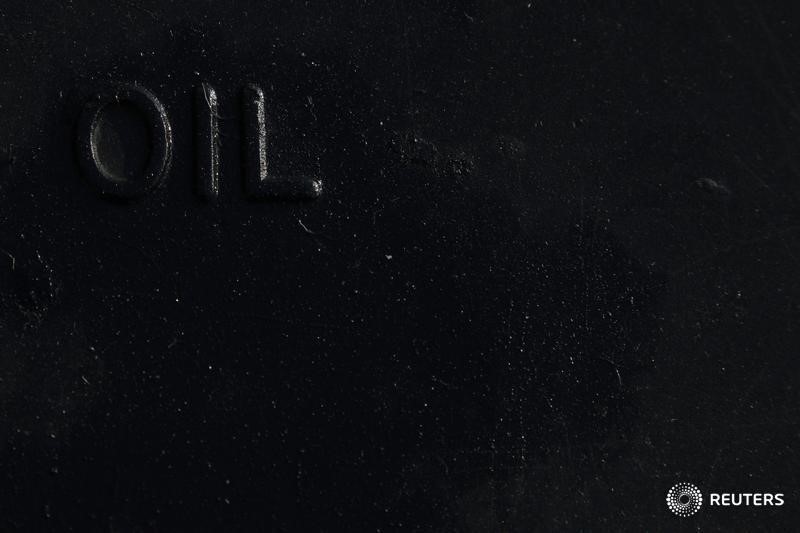

© Reuters. FILE PHOTO: Oil tankers sail along the Nakhodka Bay near the port city of Nakhodka, Russia, August 12, 2022. REUTERS/Tatiana Meel
By Laura Sanicola
(Reuters) – Oil rose for a third straight day on Wednesday as investors became more comfortable with risk a day after remarks from the Federal Reserve chairman eased concerns about future interest rate hikes.
US Federal Reserve Chairman Jerome Powell’s comments on Tuesday were seen as less dovish than feared, boosting risk appetite and weighing on the dollar. A weaker US currency makes dollar-denominated oil cheaper for buyers holding other currencies.
“The reduction in risk appetite that had stemmed in large part from Fed Chairman Powell’s comments applies equally to industrial commodities such as oil, as it provides a significant hurdle against further major advances. on prices,” said Jim Ritterbusch, president of Ritterbusch and Associates LLC in Galena. Illinois.
closed $1.40, or 1.7%, at $85.09 a barrel, while US West Texas Intermediate (WTI) crude closed $1.33, or 1.7%, at $78 .47.
Investors hope that less aggressive interest rate hikes in the United States will help the world’s largest economy fend off a sharp economic slowdown or recession that would hit oil demand. Meanwhile, China’s end of COVID-19 restrictions is also expected to support fuel demand.
“A looming increase in oil demand coupled with lackluster global supply growth will ensure that the oil balance tightens in the coming months,” said Stephen Brennock of oil broker PVM.
On supply, OPEC and its allies, collectively known as OPEC+, decided last week to maintain production limits, and an Iranian official said on Wednesday the group was likely to maintain current policy at its next meeting.
The earthquake that struck Turkey and Syria on Monday halted flows from Iraq and Azerbaijan from the Turkish port of Ceyhan. BP (NYSE:) Azerbaijan has declared force majeure on shipments of Azeri crude from the port. The Iraq to Ceyhan pipeline resumed flow on Tuesday.
US Energy Information Administration data showing US oil production rose last week to the highest level since April 2020, however, capped oil gains.
“There are some people definitely putting money into the production side of the business…that was bearish for the market,” said Bob Yawger, head of Energy Futures at Mizuho.
Crude inventories rose by 2.4 million barrels in the week ending February 3 to 455.1 million barrels, compared with analyst expectations in a Reuters poll for a build of 2.5 million. of barrels.

